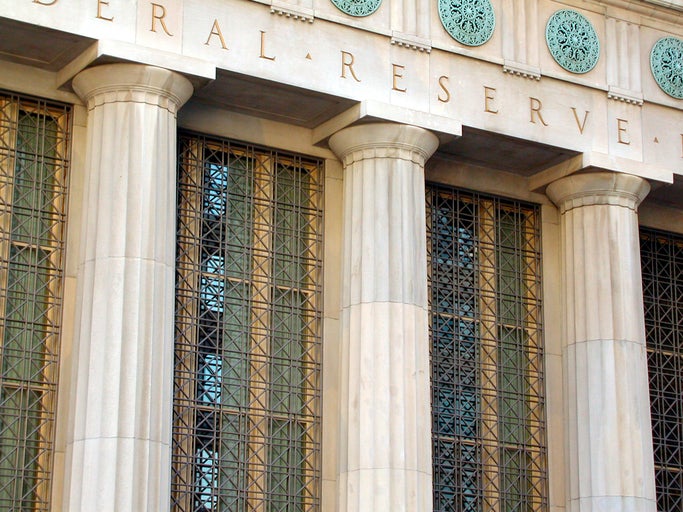Comments on Regulation Implementing the Adjustable Interest Rate (LIBOR) Act

August 29, 2022
Ann E. Misback
Secretary
Board of Governors of the Federal Reserve System
20th Street and Constitution Avenue NW
Washington, DC 20551
Re: Regulation Implementing the Adjustable Interest Rate (LIBOR) Act Docket No. R-1775, RIN 7100-AG34
Dear Ms. Misback:
The Consumer Bankers Association (CBA)[1] is pleased to submit these comments on the Notice of Proposed Rulemaking (Proposal) by the Federal Reserve Board (Board) to implement the Adjustable Interest Rate (LIBOR) Act (LIBOR Act).[2] Among other things, the Proposal establishes the Secured Overnight Financing Rate (SOFR) as a benchmark replacement for U.S.-governed contracts that do not have contractual fallback provisions, or have an inadequate fallback provision, to replace LIBOR when it is expected to cease publication after June 30, 2023.
In the sections below, we write to request the Board clarify its Proposal to reduce litigation risk by affirmatively stating, consistent with the LIBOR Act’s § 104(f)(6), this Proposal does not interfere with credit card agreements that have transitioned to another rate before the LIBOR replacement date.
The CFPB has already amended Regulation Z to facilitate the orderly transition of existing balances on variable-rate credit card accounts away from LIBOR.
In December 2021, the Consumer Financial Protection Bureau (CFPB or Bureau) provided credit card issuers with a comprehensive path to transition away from LIBOR. Previously, Regulation Z had prohibited credit card issuers from changing the index rate applicable to existing balances on variable-rate credit card accounts until certain conditions were met, most notably that no transition could occur unless and until the index rate became “unavailable.”[1] Cognizant of the ambiguity surrounding exactly when, if ever, LIBOR will become literally unavailable, particularly given the Intercontinental Exchange’s (ICE) discussion around the possible publication of a “synthetic” LIBOR[2], the CFPB amended Regulation Z.[3] Instead of conditioning substitution of LIBOR on its “unavailability,” the amended Regulation Z permits credit card issuers to transition existing balances to other index rates, such as the Prime Rate[4], as early as April 2022.[5]
To read the full comment letter, CLICK HERE.

